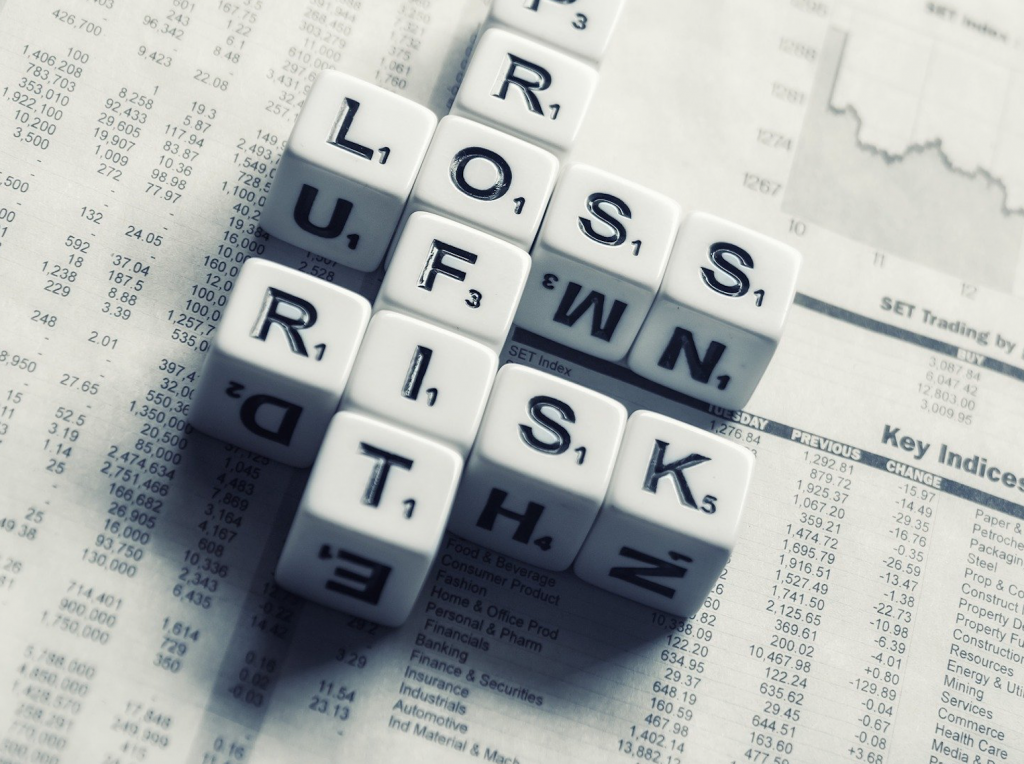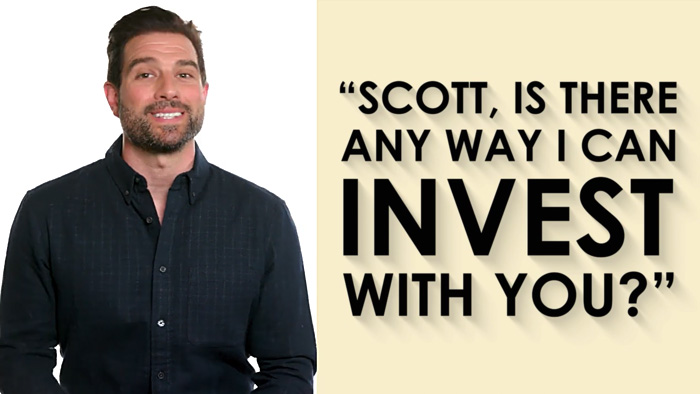Good Risk VS Bad Risk – How to Tell the Difference

I’ve been a real estate investor for almost 20 years, and when I talk to people who are thinking of investing in real estate, the one thing that always holds them back is fear of failing. “It’s just too risky” is a phrase I hear over and over again.
Worst. Reason. Ever.
Ask yourself: how is a well-thought-out real estate investment riskier than what you’re already doing? Is it riskier than a 9-5 job where you rely on someone else to decide how much you make, when you can take a vacation, and whether or not you stay employed? Is it riskier than letting someone else decide when you can retire and how much money you’ll have at the end of it? Risk isn’t as simple of a concept as we sometimes think.
Good Risk VS Bad Risk
When making any big decision – financial or otherwise – it’s important to understand the difference between good risk and bad risk. You won’t find these definitions in the dictionary, but my view of risk is pretty simple.
Good risk: Weighing all the possible results and being able to come up with (and implement) a solution – difficult though it may be – should the worst case scenario happen.
Bad risk: Weighing all the costs and not being able to come up with a plausible solution should the worst case scenario happen.
I started investing in real estate while I was still in University and holding a part-time job. After graduation, I started working full-time and continued to invest in my off-hours. There was nothing I wanted more than to quit my job and invest full-time, but, despite my initial success, it felt too risky.
Before I left my 9-5 job, I needed proof that I could match my existing income with real estate investment income. Crunching numbers was one thing, but it seemed like such a risky move that I wouldn’t feel comfortable until I had actually done it. I looked for all the possible scenarios and solutions to doing it sooner, but I just couldn’t come up with any. Quitting my job before I could get to that number was a bad risk, plain and simple.
Take Your Time
It took me 18 months to get to a place where my investment income matched my employment income, but it was 18 months very well spent. During that time I was able to work out the best practices for my rental properties while still holding onto a regular income. That was the key. Without that regular income, had something gone wrong with one or more of the properties, I would have put my finances – and my future – in jeopardy.
So there you have it:
Quitting my job before matching my employment income with real estate investment income = bad risk
Quitting my job with a proven track record of success = good risk
Risk is Not a Four-Letter Word
Risk may be an ugly word to some, but when you know how to assess it and manage it, taking a risk is not as scary as you might think. If you have planned appropriately by crunching the numbers, exploring different scenarios and staying within your means, you can be prepared and hopefully, minimize any ill-effects of failing. So the next time you dismiss an idea because it’s “too risky” think about what risk really means.

Comments